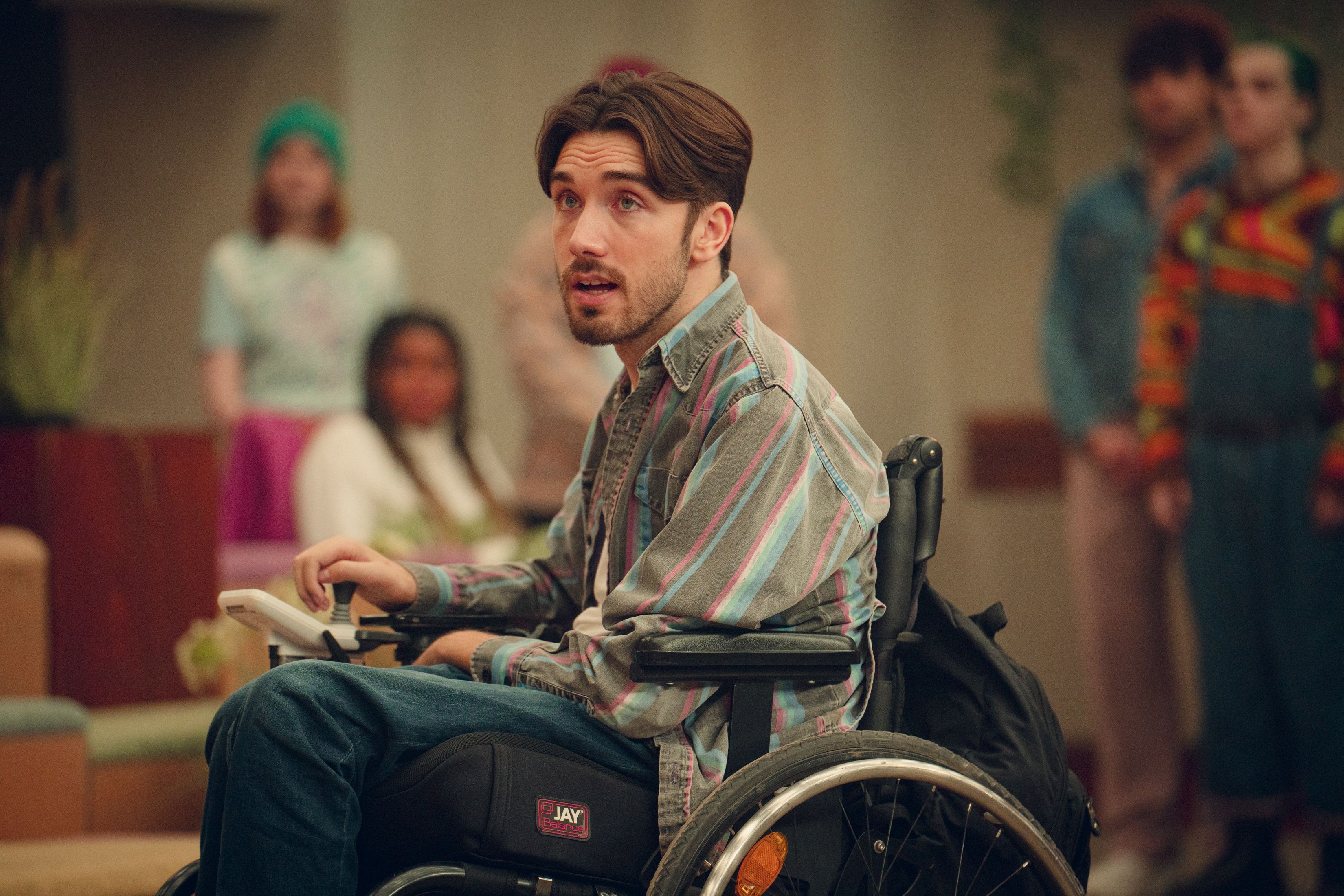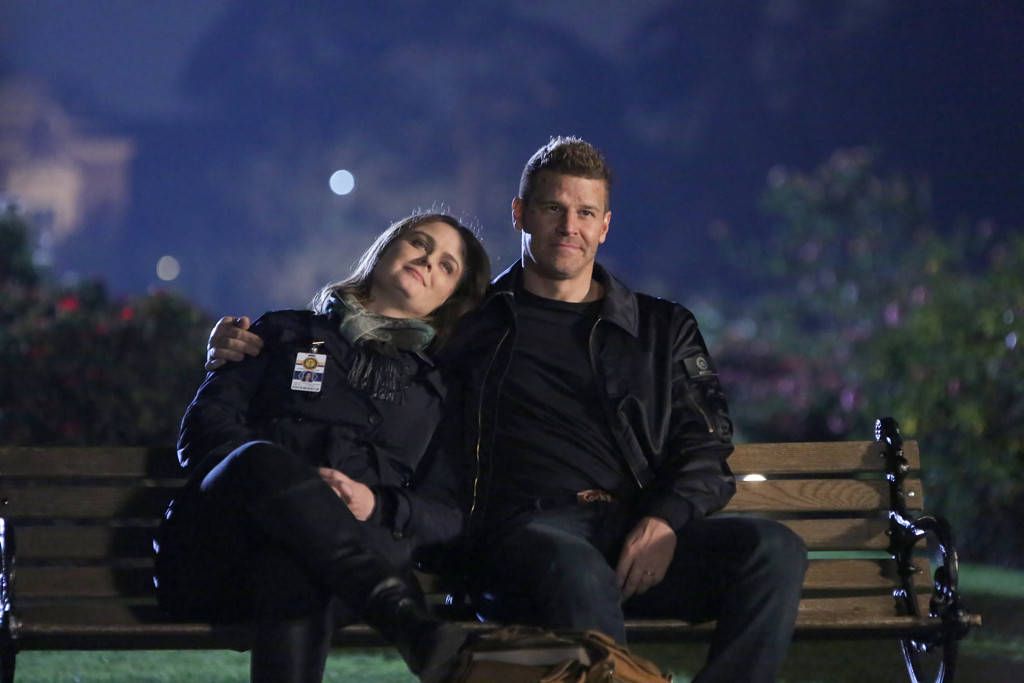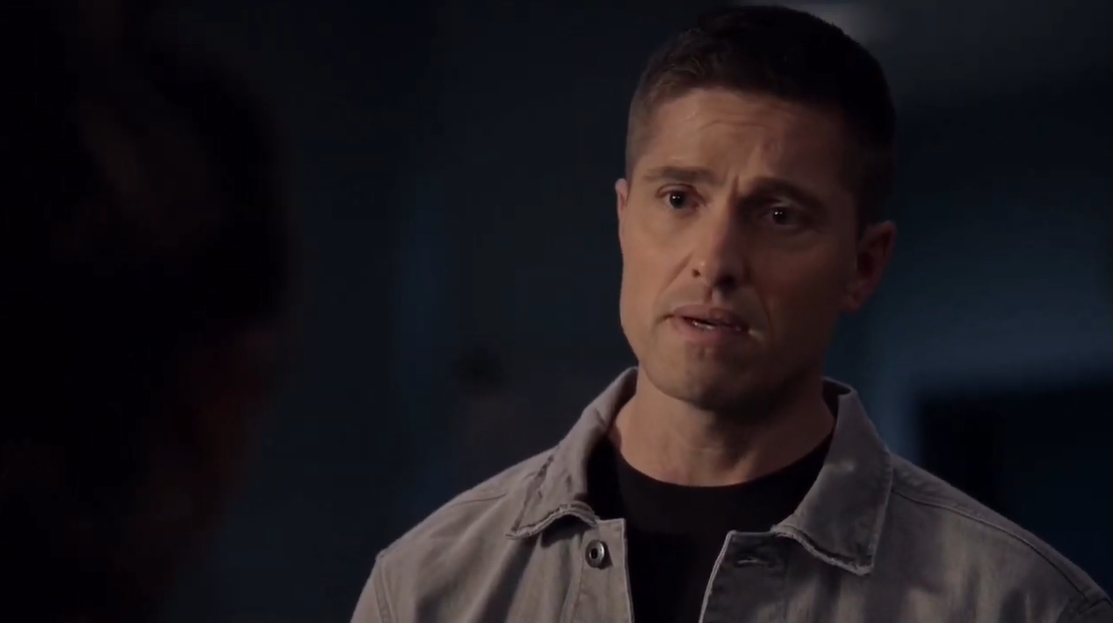The month of July holds something that often goes overlooked: Disability Pride Month.
During Disability Pride Month, we shine a light on the vibrant and unique culture, as well as the rich history, that defines the disabled community. This month serves not only as a significant recognition of our lives but also as a celebration. From an entertainment standpoint, we aim to join in this celebration and pay tribute to the remarkable stories of those living with disabilities.
People with disabilities have consistently sought and strived to find authentic portrayals of themselves across various mediums such as literature, films, and television series. However, depicting empowering representations for this community can be more challenging than one might initially think.
Emphasizing the significance, here’s why we should spotlight some outstanding, truthful portrayals of disabilities, using well-loved characters as examples. Naturally, there are numerous candidates from the silver screen, but for this piece, we’ll zero in on the fascinating realm of television.
The portrayal of disability on TV has undergone a significant transformation. Previously, disabled characters were often depicted as stereotypes, villains, or mere nuisances, relegated to the sidelines. However, nowadays, there’s been a noticeable shift towards normalizing the presence of people with disabilities. This change is evident in the increased positive representation we see, emphasizing that having a disability doesn’t have to define your life negatively; it simply alters it.

Isaac Goodwin, Sex Education
In the captivating world of “Sex Education,” I became acquainted with George Robinson, portrayed by Isaac Goodwin – a character who uses a wheelchair and navigates an intricate dynamic with Maeve Wiley, a central figure in the series. A relationship that swiftly evolved from love-hate.
Isaac, initially appearing in the show’s second season and staying till its conclusion in 2023, was a character who struck differently with various viewers. Essentially, he evolved into a character that numerous fans found themselves disliking intensely.
The significance of his personality and his bond with Maeve was profoundly impactful, demonstrating that sexuality and emotional connection hold equal importance for individuals with disabilities, just as they do for those who are not disabled.
In the series, his disability occasionally surfaces, but it doesn’t define his entire character. Rather, he is portrayed as Isaac, a mischievous resident of the trailer park shared with Maeve, who incidentally uses a wheelchair due to his disability.
1. What was essential was this, as it prevented disabled individuals from being marginalized. Although his portrayal might stir some debate, there’s no questioning the positive impact he had on screen representation of people with disabilities.
2. This proved to be indispensable, serving to prevent the exclusion of disabled persons. While his character may have sparked some disagreement, his role in enhancing disability portrayal on-screen is undoubtedly commendable.
3. It was a necessity for this to exist, as it prevented the segregation of disabled people. Despite his character being somewhat contentious, there’s no denying the constructive impact he made in increasing disability representation on screen.

Temperance Brennan, Bones
Since “Bones” first aired in the early ’90s, the character Temperance Brennan was not explicitly identified or diagnosed as autistic on the show, reflecting the societal understanding of autism at that time.
Although some individuals on the autism spectrum may identify with her personality, numerous characteristics and behaviors she portrayed resonated with them. As such, due to the enduring fanbase, she has been affectionately labeled and acclaimed as an autistic character, serving as a remarkable example of representation in media. Few question this appraisal.
Temperance Brennan’s unique characteristics frequently proved beneficial in solving cases, and the fact that her thought process differed from her peers rarely posed a problem; instead, it enabled her to excel as an exceptional forensic anthropologist.
By the way, although neurodivergence and disability are frequently linked, it’s important to remember that not everyone who identifies as neurodivergent (or having a disability) may find these terms suitable for their personal experiences.

Connie, The Walking Dead
Lauren Ridloff has significantly contributed to representation, both on small and large screens. However, it’s clear that her most outstanding performance was undeniably as Connie in the popular series “The Walking Dead”.
As a gamer, I can’t help but feel the adrenaline pump when playing games where my character is deaf. The terror intensifies because I know she can’t hear the shuffling footsteps of the undead approaching. It’s a chilling realization that we’re both relying on our heightened senses and each other, my sister who’s also hard of hearing, to survive in this audio-hostile world.
It’s quite unusual to find disabilities portrayed in a positive light within the horror and thriller genres, yet Connie demonstrates its significant value.
She is rarely perceived as an obstacle by other characters; instead, she is valued and demonstrates that even during a horrific event like a zombie apocalypse, someone with a disability can still thrive, challenging the perception that such situations limit those with disabilities. This portrayal could be a significant shift in how disability is represented within horror genre narratives.

Quinni Gallagher-Jones, Heartbreak High
As a devoted admirer, I can’t help but express my profound appreciation for the exceptional character of Quinni Gallagher-Jones, brilliantly brought to life by Chloe Hayden. Her portrayal of autism is nothing short of groundbreaking, offering an incredibly moving and authentic depiction. In fact, it seems as if she has managed to capture the essence of what it feels like to experience sensory overload almost perfectly.
In many cases, autism is depicted in a conventional manner, yet the series “Heartbreak High” skillfully steered clear of these stereotypes, instead providing a glimpse into the life of a teenage individual with autism.
Quinni skillfully conceals her autistic tendencies when interacting with individuals who may not comprehend her or make her feel uneasy. Her personality also effectively debunks the misconception that people with autism are incapable of forming significant relationships or experiencing affection, a notion that has long been portrayed inaccurately in media.

Ryan O’Connell, Special
As a gamer, I can say that although Ryan O’Connell himself might not be a real TV character, he crafted a show on Netflix that gave a glimpse into his authentic self, all while keeping things intriguing with the introduction of fictitious plotlines.
The series Special highlights various disabilities and demonstrates that they do not limit one’s capacity to live a fulfilling life, regardless of the specific disability. The presentation is infused with a generous dose of humor, wit, and at times, a touch of romantic sentiment.

Jocelyn, The Sex Lives of College Girls
In every scene where Jocelyn, played by Lauren ‘Lolo’ Spencer, appeared as a guest character, she stole the show effortlessly. Her character was skillfully developed throughout the series, demonstrating a seamless blend of humor and disability representation. Crucially, it was evident that humor derived from her character didn’t necessarily have to revolve around her disability.
In just 15 out of 30 episodes, Lauren ‘Lolo’ Spencer’s character managed to create a strong and enduring impact on viewers.

Dante Ferguson, You
Dante Ferguson’s character might not have had a big part in the series, but it undeniably made a significant and enduring impression.
As a visually impaired gaming soul immersed in the world of books, I stood as the unseen beacon within the labyrinth of our bookstore. Guiding Marienne and Joe Goldberg, two characters entwined in their own intricate tales, became my mission. Simultaneously, my husband and I waged a battle royale to claim the ultimate victory – parenthood.
In a refreshing twist, he infused the series with a unique blend of humor and sensitivity, his blindness being just an aspect of his persona rather than defining him entirely. Many television productions today continue to grapple with this balance.

Tim Bradford, The Rookie
Initially, Tim Bradford appears as a hard-to-penetrate character, showing minimal signs of emotional complexity. However, it doesn’t take long for this impression to be shattered as the series reveals more about his past.
Initially serving as a training officer, he chooses to transition into preparing for the role of a sergeant around season two’s midpoint. His rookie, Lucy, assists and encourages him during this process. In his own words, she is a “boot” to him.
While assisting Tim with his studies, Lucy reads aloud from his study materials during breaks, discovering that he learns more effectively and effortlessly through auditory input rather than self-reading. Given her background in psychology, Lucy suggests to Tim that he might have a learning disorder.
Despite no formal diagnosis of dyslexia, his learning style suggests he’s a kinesthetic learner, strongly indicating he might be dyslexic. This could be seen as a type of neurodiversity, recognized as a protected disability under the Equality Act.
Read More
- Clash Royale Best Boss Bandit Champion decks
- Vampire’s Fall 2 redeem codes and how to use them (June 2025)
- Mobile Legends January 2026 Leaks: Upcoming new skins, heroes, events and more
- World Eternal Online promo codes and how to use them (September 2025)
- How to find the Roaming Oak Tree in Heartopia
- Clash Royale Season 79 “Fire and Ice” January 2026 Update and Balance Changes
- Best Arena 9 Decks in Clast Royale
- Clash Royale Furnace Evolution best decks guide
- Best Hero Card Decks in Clash Royale
- FC Mobile 26: EA opens voting for its official Team of the Year (TOTY)
2025-07-27 19:19